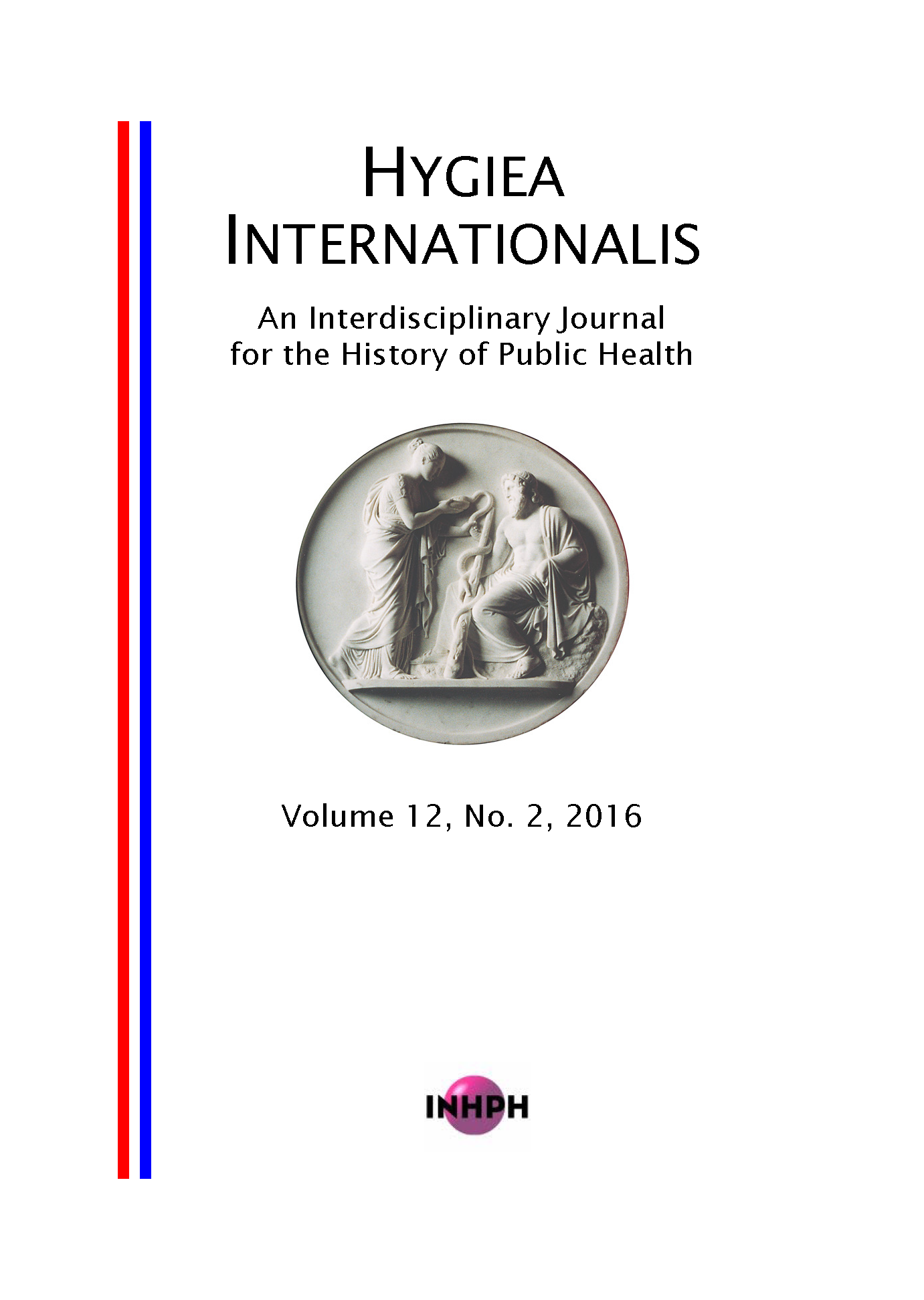Health Insurance Regime as Differentiation and Discipline
The Chinese Health Insurance Reforms
DOI:
https://doi.org/10.3384/hygiea.1403-8668.1612251Keywords:
Health insurance, China, differentiation, discipline, inequalityAbstract
China’s healthcare system has underwent a transition, from offering fully state-run, financed care before the 1980s to providing more privately financed and delivered health care in the 1980s and 1990s, and to reversing the market trajectory of its healthcare reform since the 2000s. Accompanying this change is the health insurance reforms. This article traces the changes of China’s health insurance schemes, explores how the current health insurance schemes reproduce inequality in people’s health care access and how they serve as a mechanism of governance and differentiation. The health insurance regimes constitute regulatory devices, enable the evaluation of the qualification and worthiness of patients, and correspondingly serve to extend the state control and surveillance of individuals and the population. In the process, it also produces new discriminations and inequalities among Chinese patients.Downloads
Published
2016-05-16
How to Cite
Tu, J. (2016). Health Insurance Regime as Differentiation and Discipline: The Chinese Health Insurance Reforms. Hygiea Internationalis: An Interdisciplinary Journal for the History of Public Health, 12(2), 51–72. https://doi.org/10.3384/hygiea.1403-8668.1612251
Issue
Section
Articles
License
Copyright (c) 2016 the Author(s)

This work is licensed under a Creative Commons Attribution-NonCommercial 4.0 International License.






